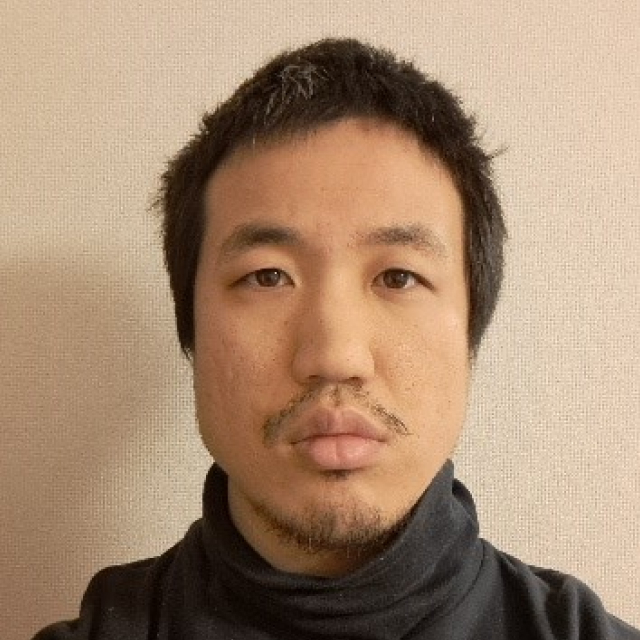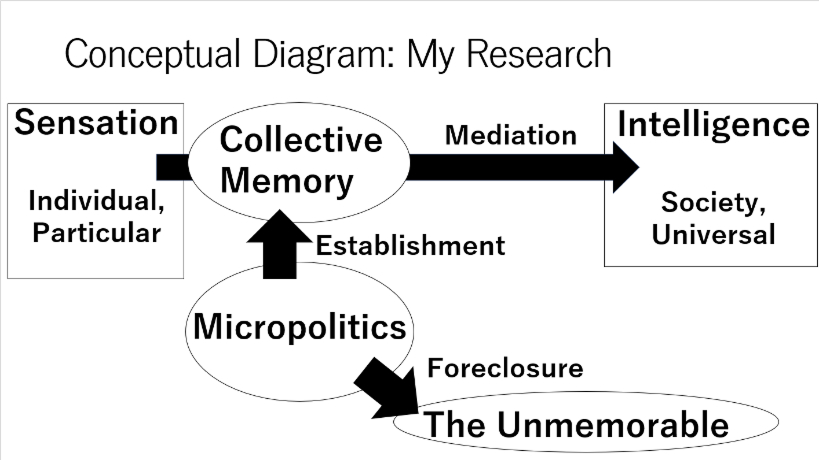Philosophy and PsychologyGender & Ethnicity
KYAKUMOTO, Atsunari

Graduate School of Human Sciences, Osaka University The doctoral course
Three main achievements (article, book, etc.)
- 【Japanese】KYAKUMOTO Atsunari, 2020, “Piēru Burudexyū no “kai” gainen to syakaininshiki: houhouron ni tyuumoku site” [Pierre Bourdieu’s concept of “field” and the comprehension of society: focusing on methodology] in Kyushu kyouikugakkai kenkyuu kiyou [Bulltein of Kyushu Association of Education] no. 48, 17-24.
Field of study
Modern/Contemporary Philosophy, Critical Theory
The kind of researcher you are aiming to become
I want to be researcher who is open to other fields and society. Research is the pursuit of truth, but it is also a part of social activities. Therefore, I aim to be a researcher who not only devotes myself to my own specialized field and research interest, but also understands and respects researchers in other fields and people in various positions who are not researchers.
Introduction to your research theme
My research theme in this project is “Construction of a basic theory of micropolitics on collective memory. “Collective memory,” one of the keywords of this project, is a human mental activity that constructs the human subject through the mediation of sensation and intelligence. However, the way of such activity varies from society to society and from era to era, and likewise, the forms of sensation and intelligence are also diverse.
In this project, I will attempt to construct a basic theory to fully grasp the various activities of collective memory. In addition, I will address the following two specific issues in my research.
First, I will critically examine Henri Bergson’s theory of comedy, Jacques Lacan’s theory of history, and Judith Butler’s theory of pastiche. Through this, I will point out that “the unmemorable,” which has not been the subject of previous theories of collective memory, plays an important role in the formation of collective memory.
Second, I point out the existence of micropolitics surrounding the foreclosure of the “unmemorable” in the formation of collective memory. I argue that subcultures can be positioned as a specific place where such micropolitics occurs.
Through the resolution of the above two issues, my goal is to position the formation of collective memory as an activity that pursues universal values without ignoring human emotional aspects.
Tentative title of your working paper
Subcultures as Pastiche: A Basic Theory of Micropolitics on Collective Memory
Research Image


